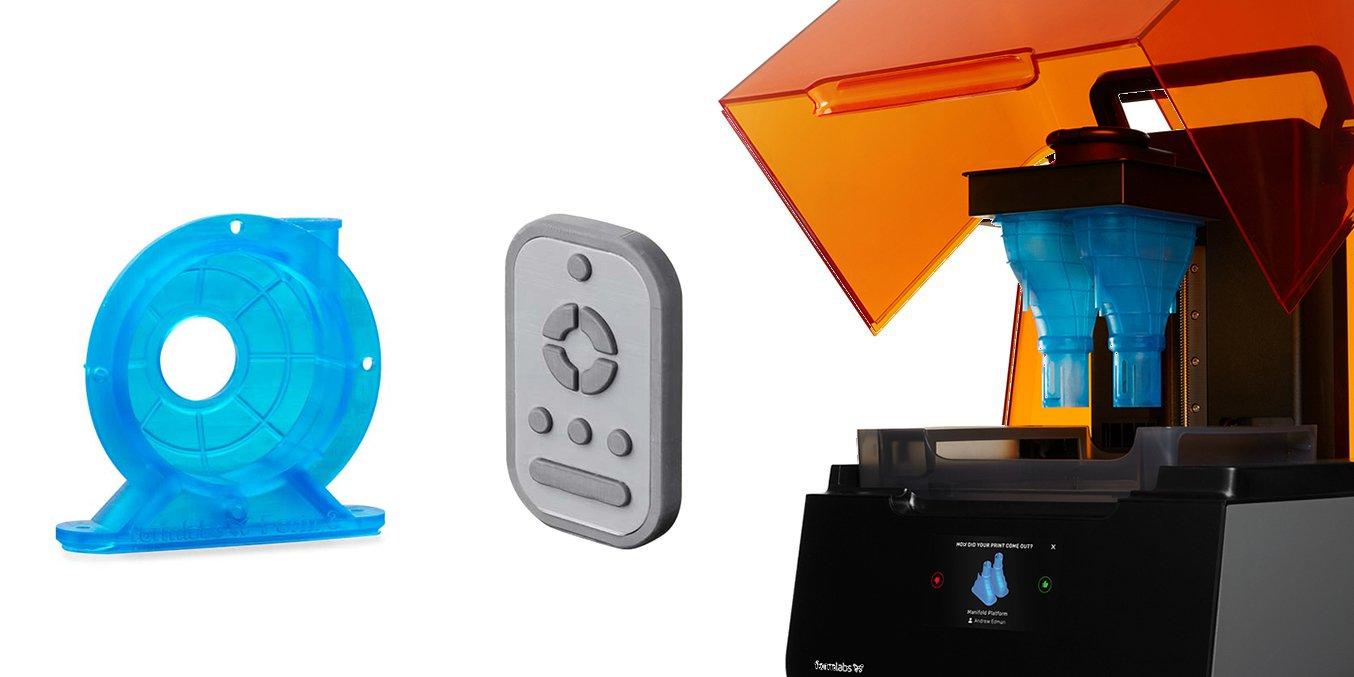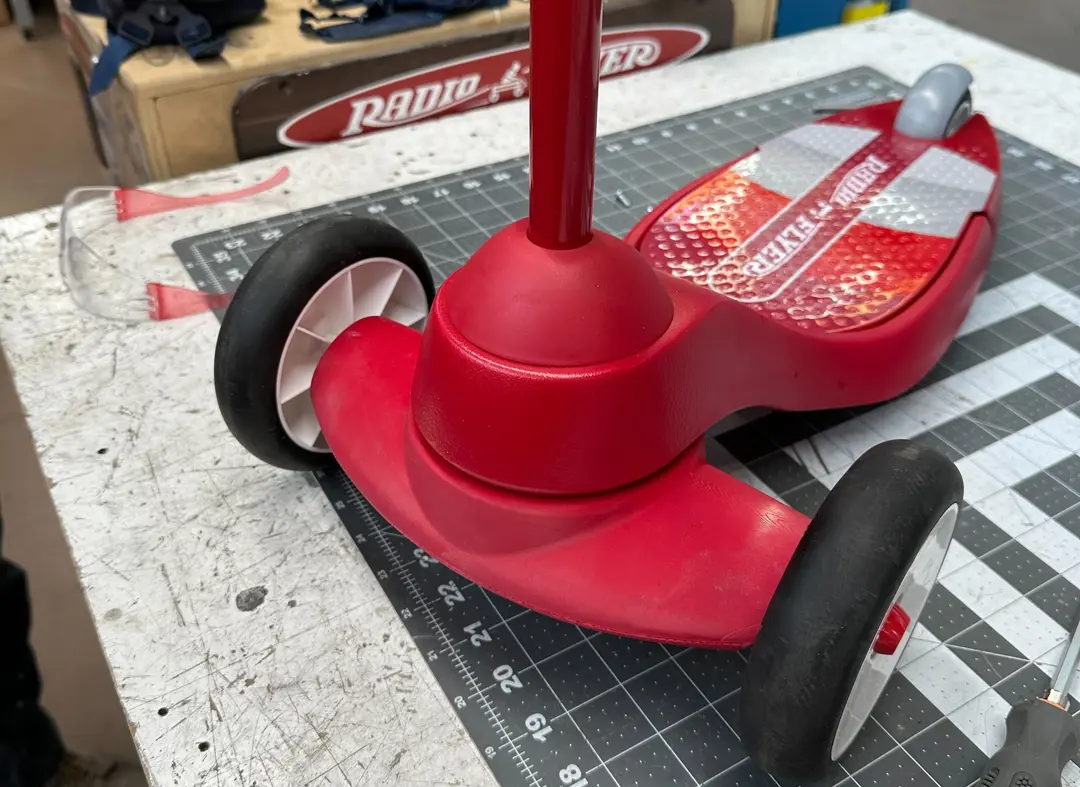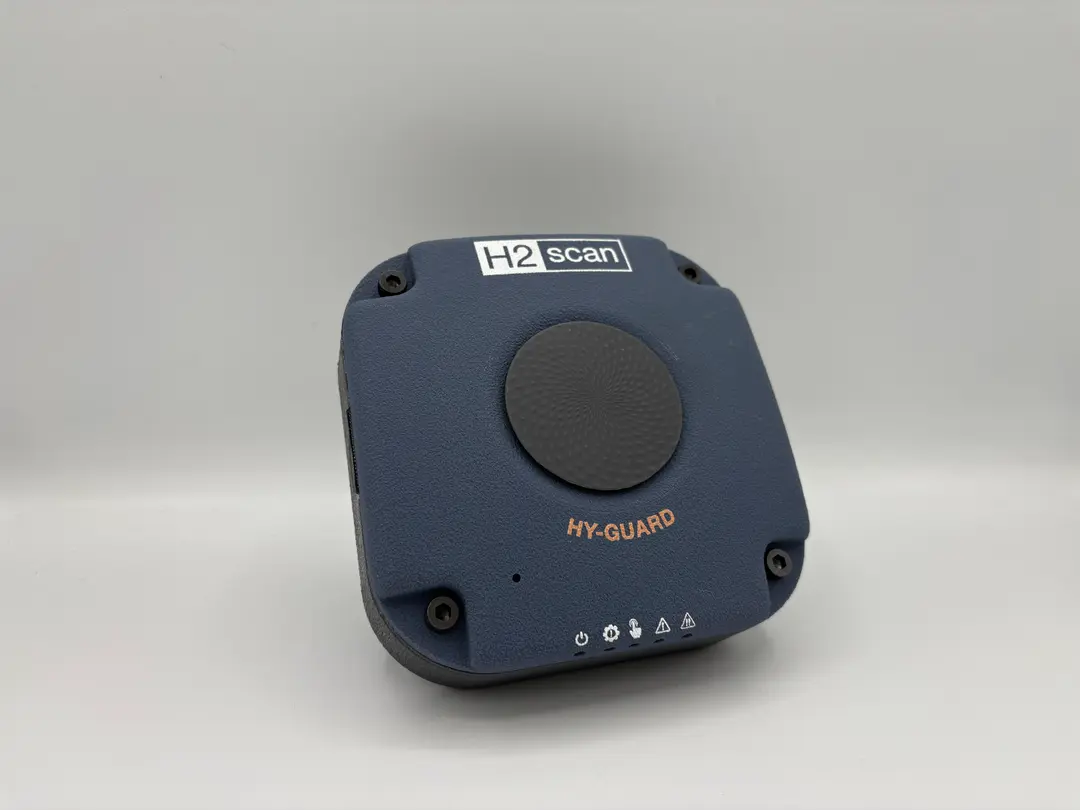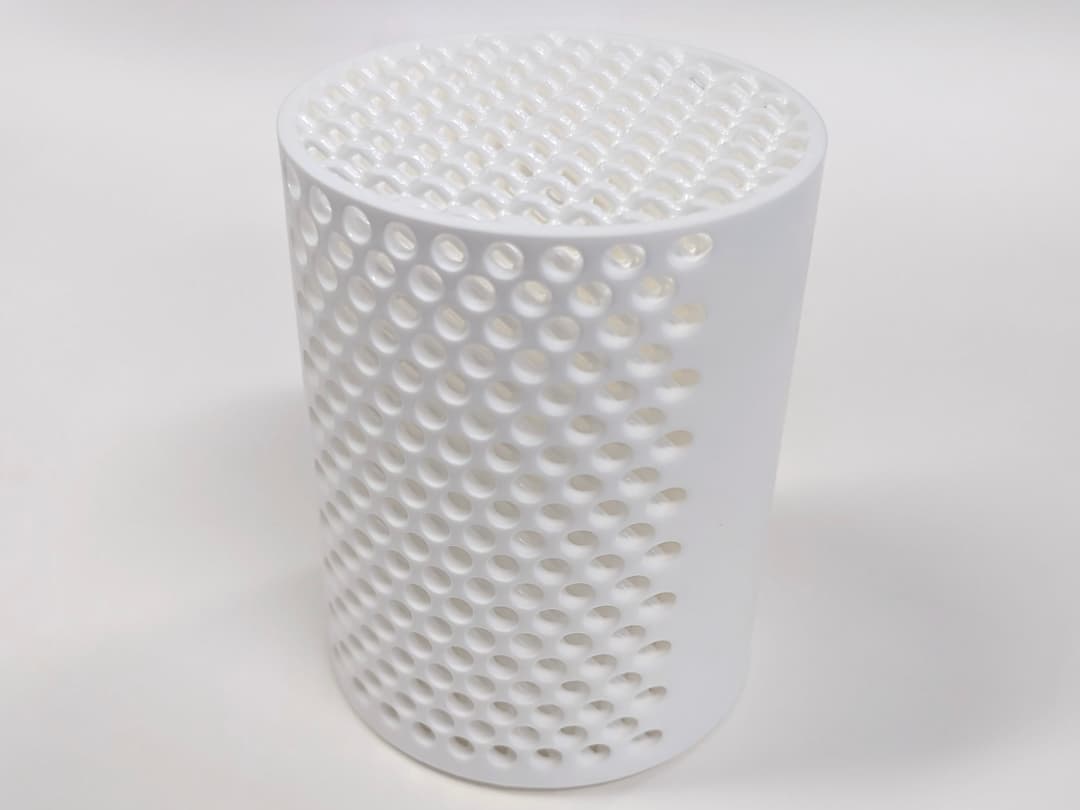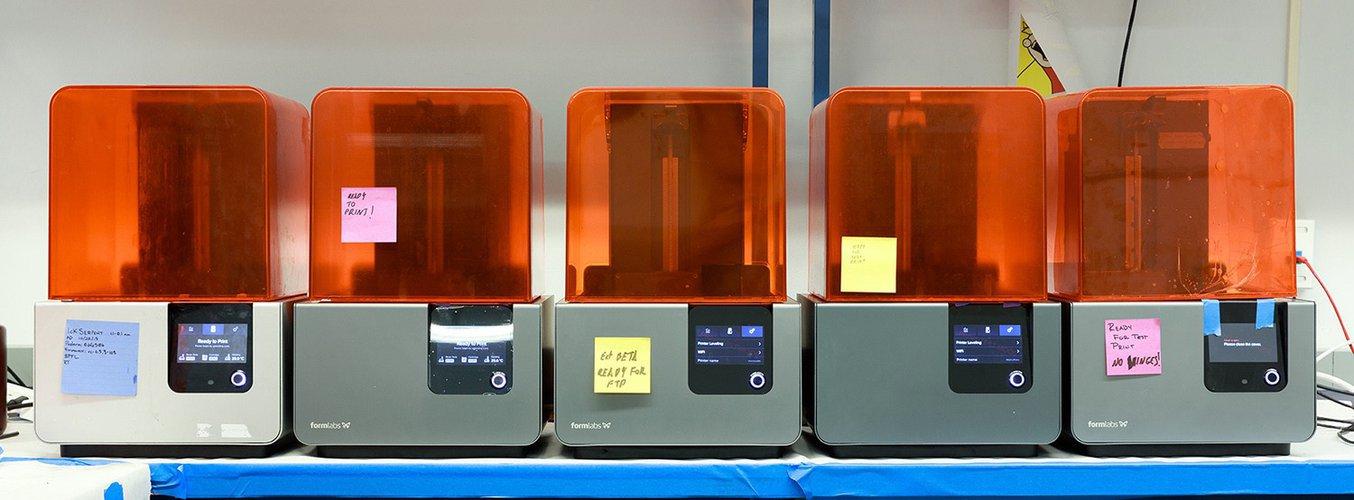
Agile engineering is a popular process in software development, but few hardware teams apply these practices to develop physical products. For many hardware teams, implementing agile product development and engineering practices save time and money and improves the end product.
What is Agile Engineering?
In Agile engineering, teams quickly iterate, test, and gather feedback on product design. It divides big challenges into measurable chunks of work and promises more accurate and rapid product development cycles. Teams are self-managed and work in short two-week sprints driven by user feedback. This feedback guides teams to build a product that meets user needs.
Rather than start with a lengthy requirements phase that covers the entire span of the project, requirements are created as the team works. Requirements are specific and tied to user value. By testing features and new builds, teams verify if they are solving user problems and developing the right product.
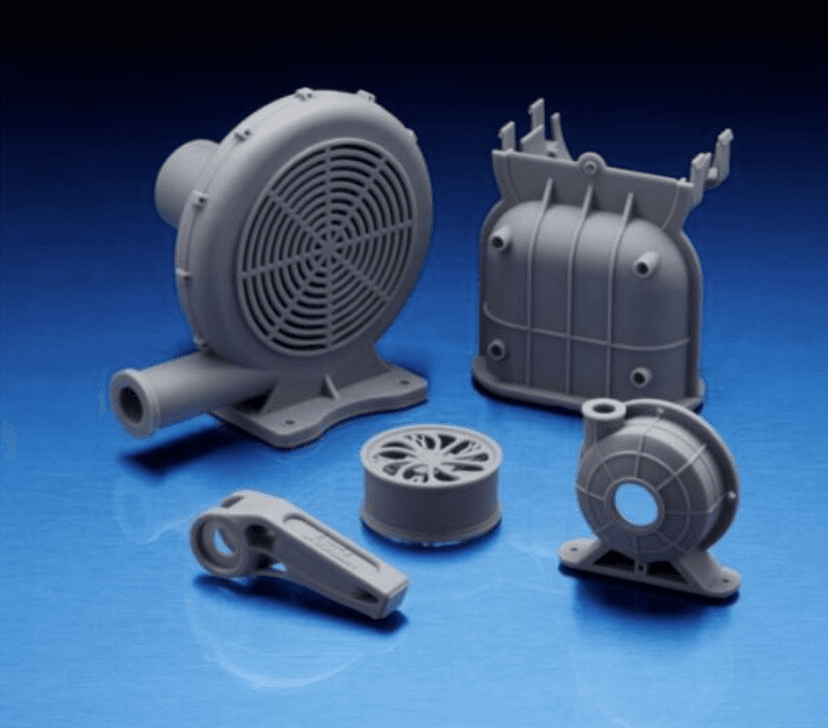
Introduction to 3D Printing for Engineers and Manufacturers
In this webinar, learn how parts created from various printing technologies differ across functionality and appearance, and how these differences impact product development and production workflows for engineers and manufacturers.
Watch the Webinar NowThe Benefits of Agile Engineering
With digital fabrication tools such as mills, laser cutters, and professional 3D printers, hardware engineers can now develop ideas while concurrently testing them with users. Key benefits of this method include:
- Continuous collection of feedback from customers means that designs are tracking with customer needs.
- The interplay between design, engineering, manufacturing, and marketing allows teams to understand each other's needs and challenges better.
- Each iteration gives you a physical prototype to hold and discuss. Kinesthetic learners, experiential learners, non-technical people in a technical meeting, people new to the subject matter—they will all learn from holding and discussing an actual prototype.
- Testing the physical prototype helps you identify and solve problems.
- More, quicker, and cheaper iterations mean that a higher number of possible solution paths can be explored.
- Continuous testing means that engineering risks are exposed throughout the process.
Agile engineering unites teams across the organization and creates a better end product. By responding to user feedback with prototypes, teams develop products that users want.
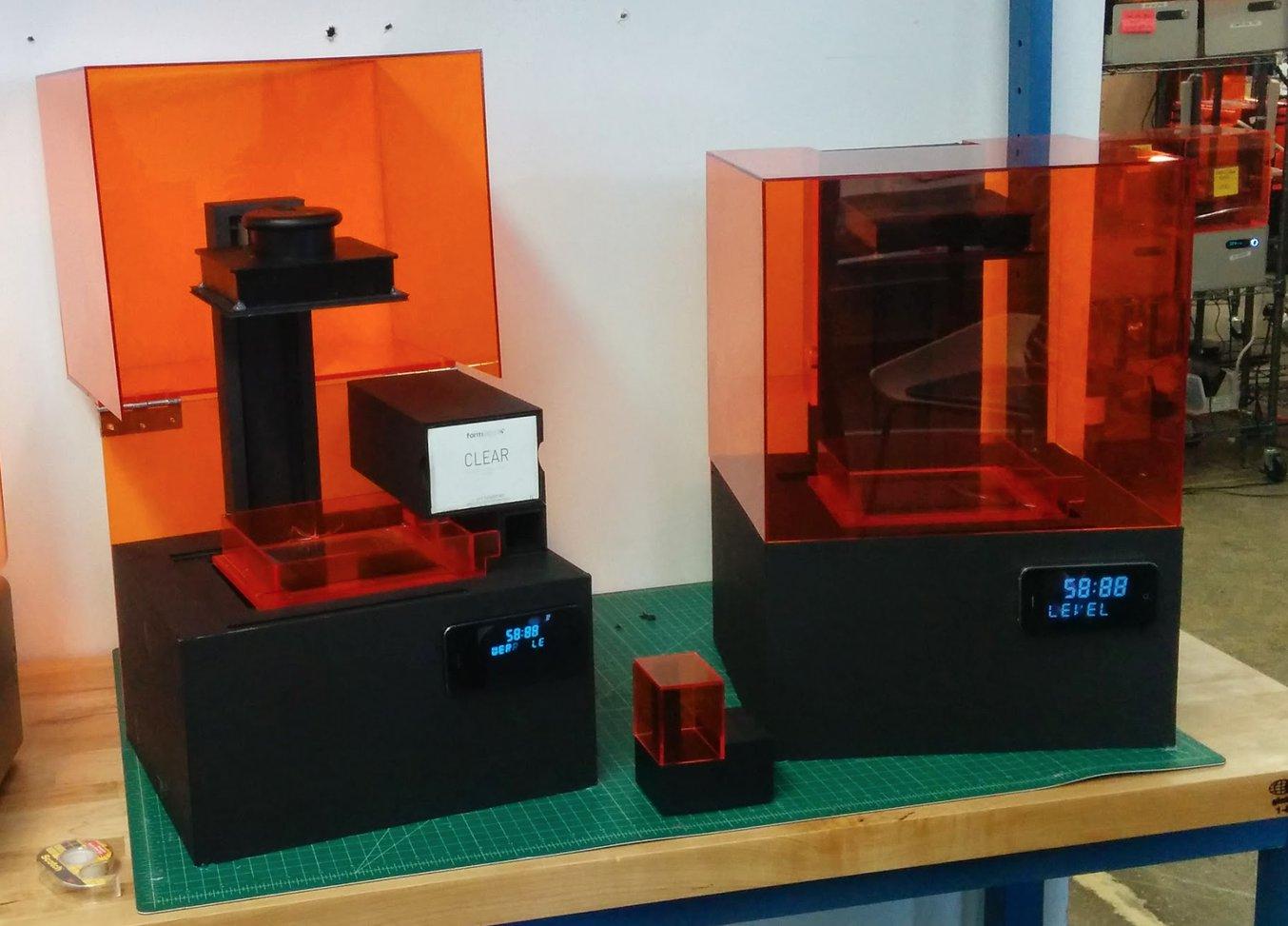
The Old Way vs. Agile Engineering
In the “Old Way,” teams predicted demand months in advance. They turned a single prototype into mass manufactured goods. This method was risky: teams had a hard time predicting future demand. As a result, companies often had either product shortage or unsold inventory.
Agile product development and engineering tests prototypes, and it improves them with consumer feedback. This method develops products quicker and reduces risk.
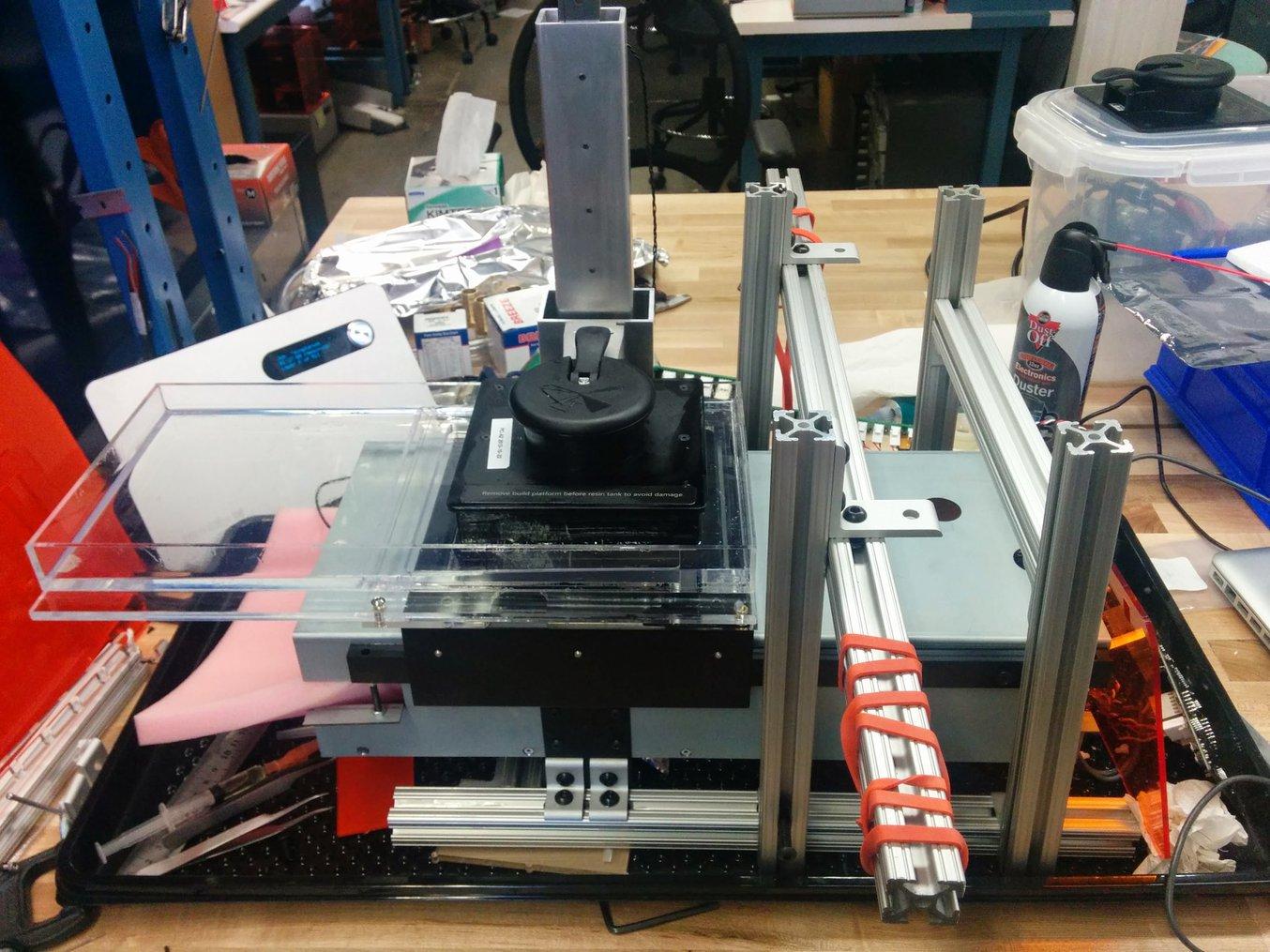
| Week | The Old Way | Agile Engineering |
|---|---|---|
| 1 | Marketing, Engineering, and Design meet to discuss an iPhone case prototype. | Marketing wants a new iPhone case to be developed. |
| 1.5 | Meetings at marketing department on new case ideas. | The prototype is printed on adesktop 3D printerand shown to each department. |
| 2 | Marketing and Engineering meet to discuss the new case. | Marketing, Engineering, and Design meet to discuss the prototype. |
| 2.5 | Five versions of the prototype are printed, tested and shown to focus groups and business partners. | |
| 3 | Parts are redesigned and shown to more focus groups and customers. | |
| 3.5 | Engineering meets to brainstorm the design. | Based on feedback, the organization chooses one design. |
| 4 | The design is redesigned five times and 3D printed in 5 different colors per design. | |
| 5 | Engineering designs a new iPhone case in CAD. | A focus group sees the 25 different designs. |
| 6 | A designer is called in to perfect the visual design in CAD. | The organization chooses 3 designs and prints them through a service bureau. |
| 7 | Product ships.* | |
| 8 | Marketing makes suggestions to improve the CAD design. | |
| 9 | The designer revises the case. | |
| 10 | The case files are sent to a manufacturer. | |
| 11-18 | Tooling and mold making. | |
| 19 | Product ships from China. | |
| 20 | Customs. | |
| 21 | Product ready to ship. |
*After week 7, the agile team receives feedback on sales numbers. If the product is successful, and if it can be produced more cheaply using mass manufacturing, then they may decide to design the case for injection molding.
In the Old Way, the company has to predict market demand and consumer tastes months in advance. If Company A makes a decision once a season, and Company B makes informed decisions every day, then Company B will get ahead. Agile engineering saves companies not only time, but also money in the long run. The agile method in product development has a higher startup time and initial cost, but the cost per final product is low. Plus, the end product is shaped by market demands, ultimately yielding greater profit.
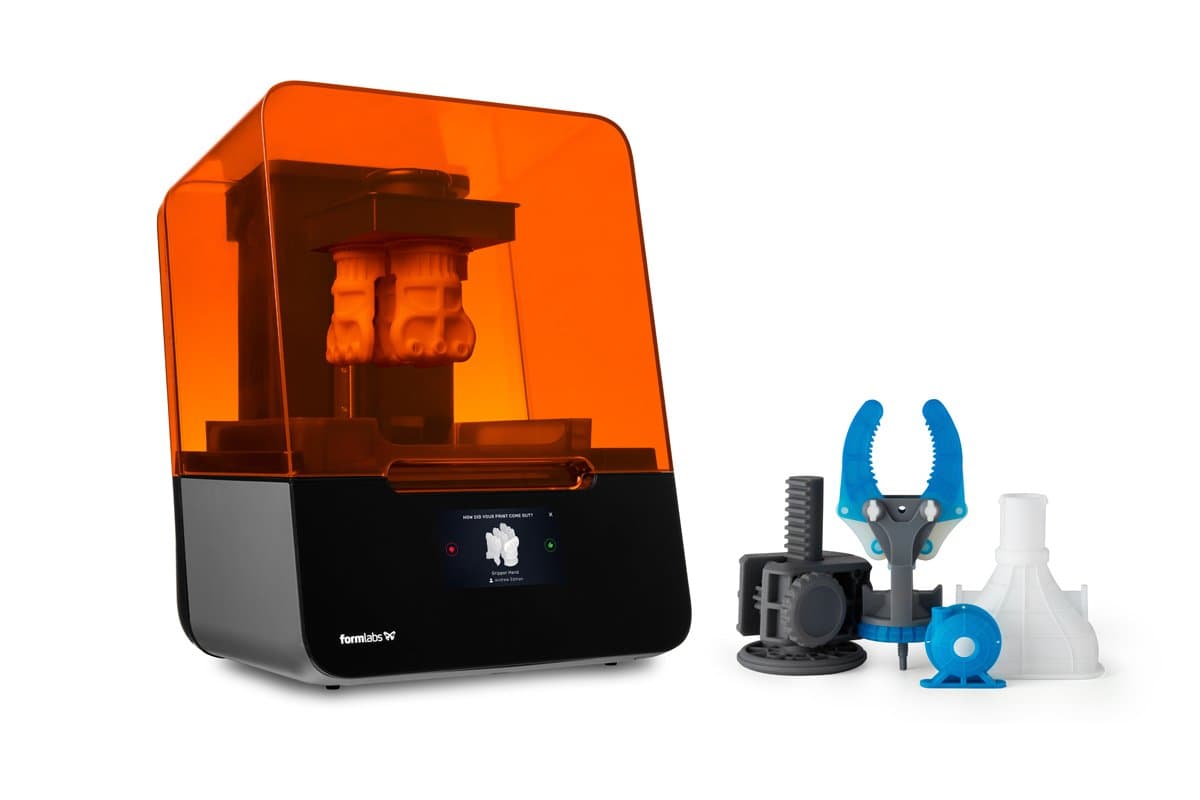
Introduction to 3D Printing With Desktop Stereolithography (SLA)
Download our white paper to learn how SLA printing technologies work, why thousands of professionals use this process today, and what you need to know to explore how this 3D printing process can benefit your work.
Download White PaperCost Comparison
| Cost Factor | The Old Way | Agile Engineering |
|---|---|---|
| Manufacturing and shipping cost per case | $0.10 | $3 |
| Time from idea to final product | 21 weeks | 7 weeks |
| Inventory | 100,000 cases | 5 cases |
| Startup costs | $150,000 (Molding and tooling + cases + shipping) | $150 (Prototypes) |
| Number of redesigns | 1 | 55 |
| Number of different products | 1 | 3 |
Another benefit of agile engineering is that it encourages teams to fail quickly. By failing faster, teams learn and improve at a faster pace than those that do not. Learning from failure through prototypes helps companies quickly build better products. By validating assumptions and collecting data, these products are made in a more accurate, evidential way.
With traditional methods, teams painstakingly make world maps and then spend months planning a possible route through this imagined world. Only then do they have a product and really know where they stand. With agile engineering, products emerge in the first week of product development. Teams set off and check their compass often.
Want to see what you can create with SLA 3D printing? Explore the materials to discover the one that fits your needs and request a sample 3D print to see the quality firsthand.
